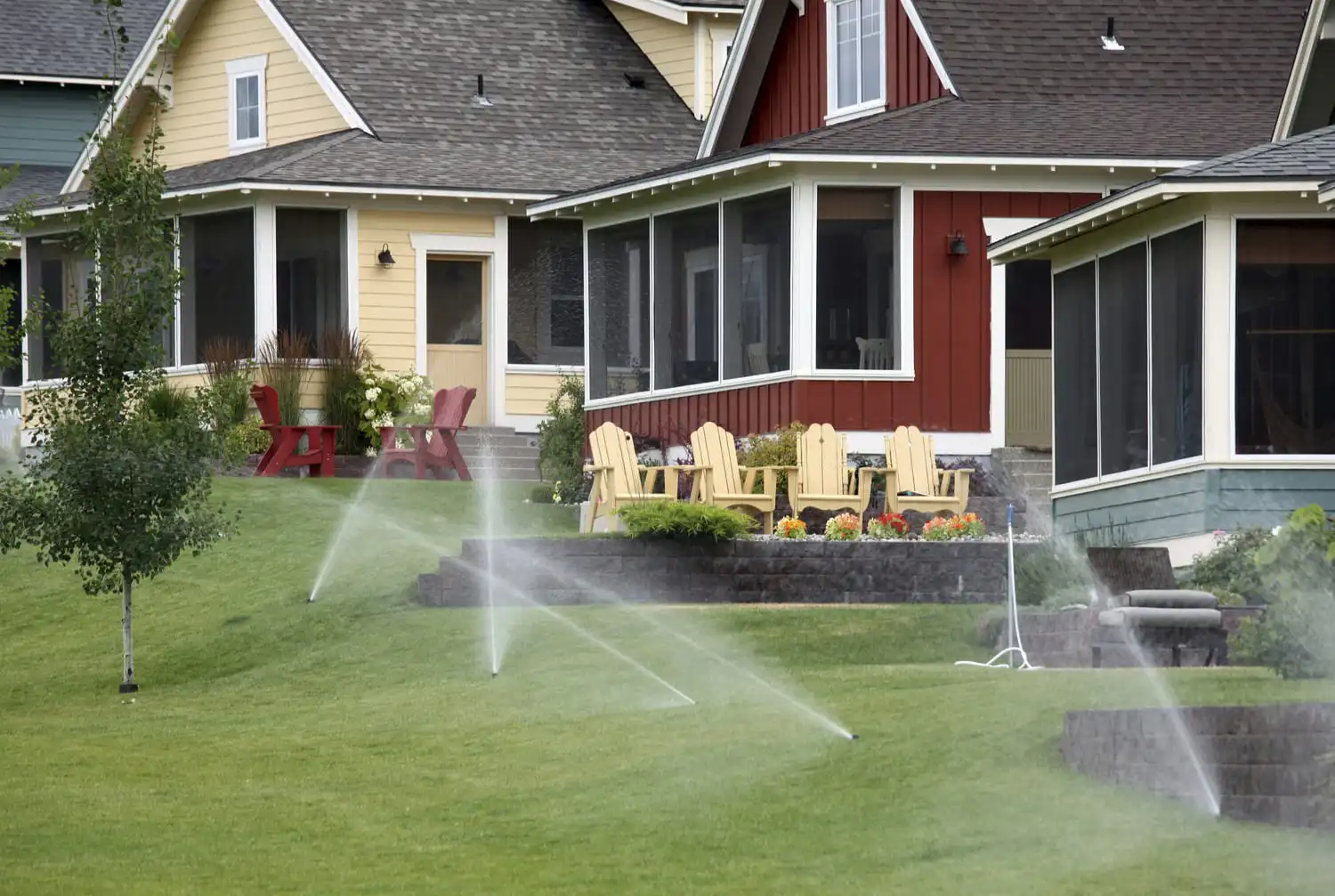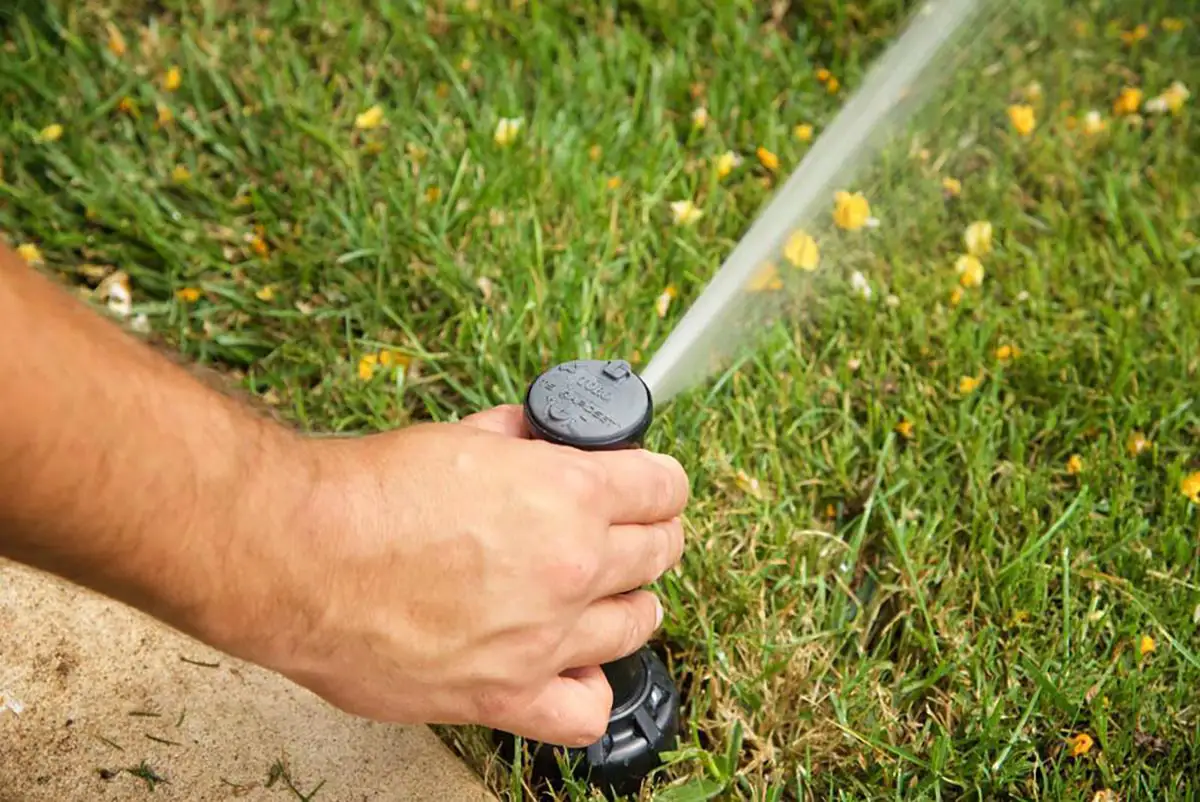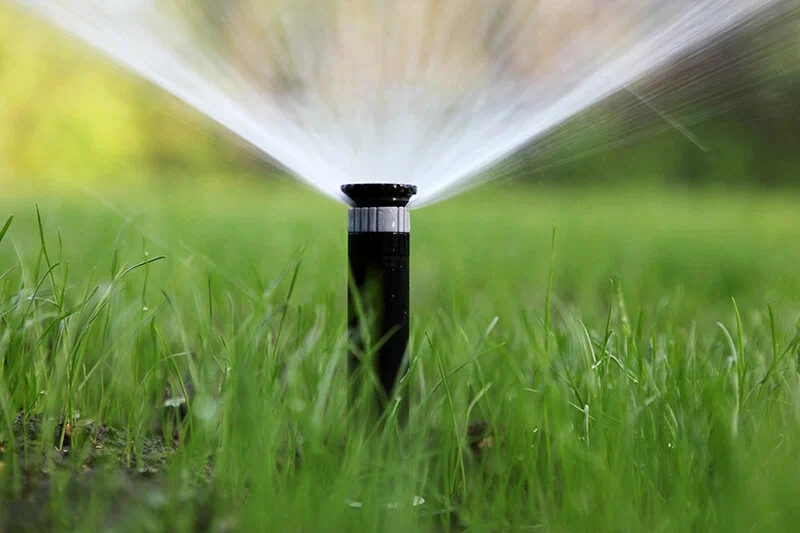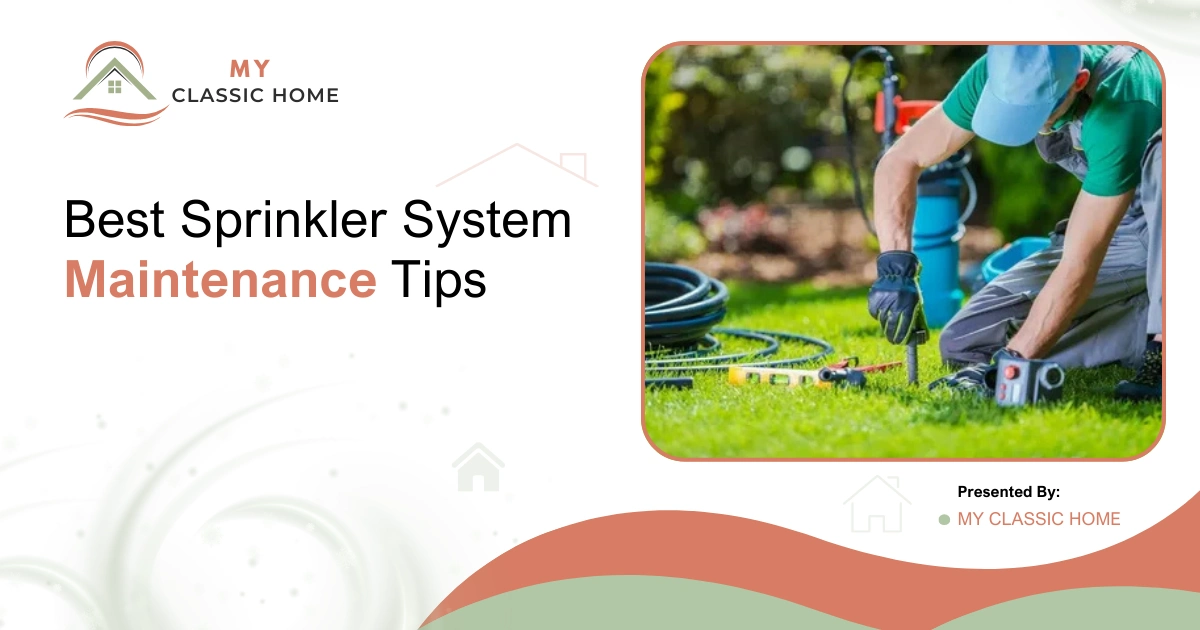Any homeowner wants its garden to be in lush condition, and a sprinkler system helps to achieve that. However, for efficient watering and plant growth, it is necessary to keep the sprinkler in good condition. For this, we are going to share some expert tips for sprinkler system maintenance to keep it working for a long time.
What is a Sprinkler System?
It is a form of irrigation that waters plants in a garden or lawn. This system consists of a head, valves, and a piping system. The water is sprayed through the heads of sprinklers for irrigation purposes. Sprinklers are usually placed in the middle for complete irrigation of the place. If the garden is a large area, multiple sprinkler systems can be used.
Why is Lawn Sprinkler Maintenance Necessary?
Regular maintenance of your sprinkler system is essential for several reasons:
- A well-maintained system uses water more efficiently. This saves you money on your water bill and prevents the wastage of water.
- Regular checks can help identify and resolve issues before they damage the sprinklers. This can save you time and money in the long way.
- Routine upkeep extends the lifespan of your sprinkler system so that it can function effectively.
- Neglecting checkups can lead to uneven watering of your garden.
Tips for Lawn Sprinkler System Maintenance
Inspect the System Regularly
Regular inspection helps to catch the problems at an early stage so they won’t cause more damage later. Inspect the sprinklers at least once a season. Check for damage and leakage to pipes, valves, and heads. Run the system briefly to check for even coverage and see if there are any dry spots where the sprinkler is not reaching. Sometimes, the inefficiency of sprinkler systems can be seen due to their inability to reach certain spots with time.
Inspect the System Regularly
Clogged sprinkler heads can cause uneven watering, which is not good for plants. This happens when the heads of sprinklers are covered with dirt and debris. To clean them, remove the head of sprinklers and see if they are clogged. Use a spare toothbrush or a regular brush and a liquid soap. You can also use vinegar if you don’t have a cleaning solution. Brush the clogged regions, wash them properly, and close the heads.
Schedule Your Watering

Plan your lawn watering to avoid over or underuse of sprinklers. The best time is before 10:00 AM or after 6:00 PM. Adjust your settings based on seasonal changes. You can also use moisture sensors to adjust watering based on soil moisture. A scheduled use keeps the sprinkler in good condition.
Adjust Sprinkler Heads
For better coverage and efficiency of the sprinkler system, adjust its heads to the correct position. The heads should be aimed at your lawn and plants, not walkways or driveways. The angle of these heads should also be adjusted to cover your lawn completely. If any head is broken and not working properly, replace it.
Check for Leaks
Leaks cause water wastage, which increases your water bill and also diminishes the efficiency of your sprinkler system. Check pipes, valves, and connections for any leakage, such as puddles. Sometimes, leaks are not identified easily. Check your water bills regularly to see if there is an unexpected hike. Call the experts for a thorough inspection if you think there is a leakage.
Inspect Valves

For irrigation system maintenance, the values must be inspected also. These valves control the flow, and any malfunction can disrupt the sprinklers. Check them regularly, and if you have scheduled your watering, inspect if they are working properly during opening and closing. Replace any faulty valves to maintain your system.
Test Water Pressure
For a damaged-free sprinkler system, the water pressure should be optimized. With the help of a pressure gauge, check the water pressure at the main supply. The pressure should be 30-50 psi, otherwise normalize it. Having a pressure regulator can solve this problem.
Inspect Filters and Screens
Filters and screens must be unclogged for your home sprinkler system maintenance. Remove filters and screens, clean them thoroughly, and replace any damaged filters. For the smooth operation of the sprinklers, these filters must not obstruct the water.
Winterize Your System

At low temperatures, water can get frozen in pipes which can cause damage to them. It is necessary to winterize the sprinkler before the frosting starts. To do this, turn off the water supply and open the drain valves to remove the water from the pipes. Insulate exposed pipes, valves, and heads to protect against freezing.
Schedule Professional Maintenance
No matter how much you keep your sprinkler in good condition, it can’t be replaced with a professional inspection. Experts can spot the issues that homeowners can overlook. Contact a certified irrigation specialist for a thorough inspection. He will help you troubleshoot problems and make adjustments to the sprinkler for better performance.
Conclusion
A well-maintained sprinkler system means a flourishing and healthy garden. Follow these tips to keep your sprinklers in good condition, reducing damage and saving the cost of repairing them.




